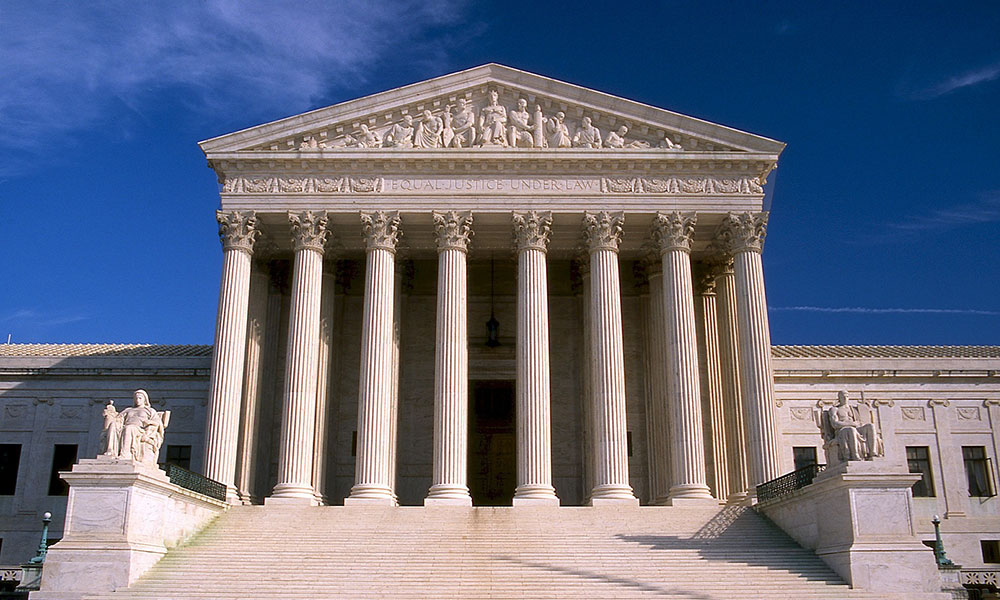
Supreme Court Arguments in Antitrust Case Set for December 7
The justices announced that they will hold arguments next month in a case that has major implications for associations. The issue: whether ordinary membership and governance activities can constitute a conspiracy in an antitrust case.
The Supreme Court will hear oral arguments December 7 in an antitrust class action dispute over whether membership and governance rights in a trade association are enough to constitute a conspiracy in the event of anticompetitive behavior. ASAE filed an amicus brief in the case earlier this year.
The lower court decision puts a target on the backs of associations of all kinds, as well as their members.
The lawsuit was initially filed in 2011 by several independent or nonbank operators of automated teller machines (ATMs) who alleged that the agreement that allows them access to the Visa and MasterCard networks is anticompetitive, based on rules established by banking industry associations.
Though the case, Osborn v. Visa, Inc., was dismissed by the U.S. District Court for the District of Columbia, the DC Circuit Court of Appeals reversed the decision last August, ruling that Visa and MasterCard “member banks used the bank associations to adopt and enforce a supracompetitive pricing regime for ATM access fees.”
In essence, the plaintiffs argued that members of the banking associations voted for particular board members who then created ATM access fee rules with the purpose of protecting themselves and Visa and Mastercard from competition from alternate ATM networks. This allegedly made the associations complicit in a conspiracy.
ASAE’s interest in the case concerns the legal rules governing associations and their members. ASAE said in its amicus brief that the appeals court decision “dials back critical limits on the pleading requirements for a Sherman Act conspiracy and puts a target on the backs of associations of all kinds, as well as their members.”
ASAE argues that the consequence of the court of appeals decision is that member banks—or members of any association, by extension—could be found to be engaged in unlawful concerted action based on conduct that is simply part of being an association member, such as abiding by its rules or voting for its board members.
“The notion that these organizations and their members can be blamed for acting like associations without any indication of complicit design, imperils the good that associations do and risks chilling the societal benefits that come with them,” the brief argued.
(skeeze/Pixabay)






Comments